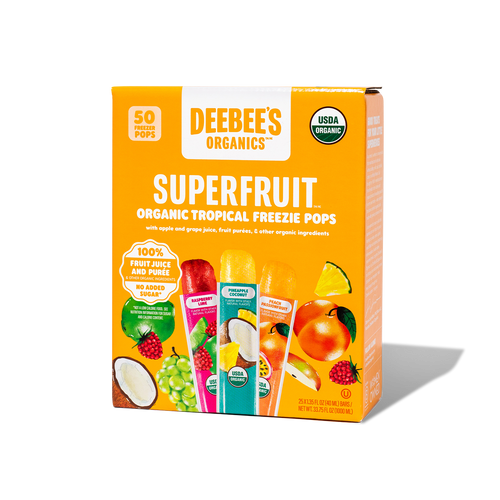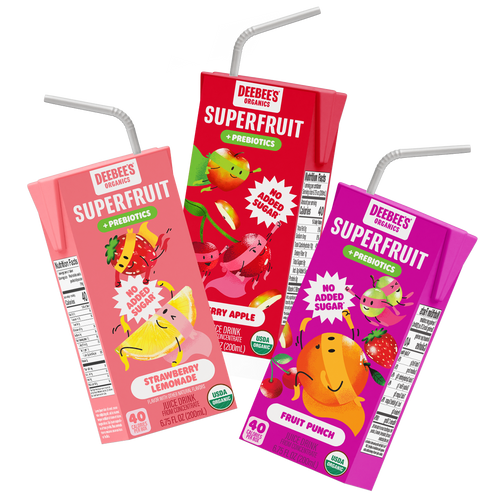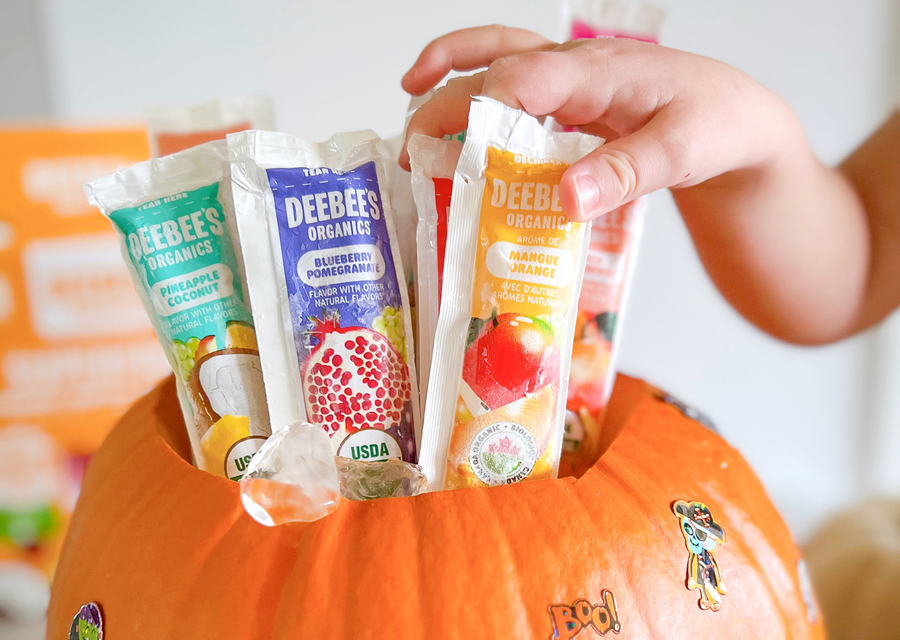You’re at the grocery store deciding whether you should reach for a cheaper box of blueberries, or blueberries labeled as “Organically Farmed.”
What’s the difference?
What is Organic Farming?
Organic farming is a sustainable, eco-friendly way of practicing agriculture that minimizes environmental harm and emphasizes biodiversity. Avoiding using synthetic chemicals and pesticides, reducing soil erosion, and limiting waste are key characteristics of an organic farming system.
But what makes it different from conventional farming?
The Key Differences Between Organic Farming and Conventional Farming
Soil Health: In organic farming systems, farmers use natural methods (like compost and manure) to enhance soil with nutrients that help it retain water and support plants. On the other hand, conventional farming relies on synthetic fertilizers to provide nutrients to plants, but not soil. This leads to soil degradation.
Seed Usage: Organic farmers use heirloom or organic seeds, which are not genetically modified (non-GMO). These seeds are saved from previous crops, and thrive without chemicals. In conventional farming, genetically modified (GMO) seeds that tolerate chemicals are used. These seeds reduce biodiversity and promote chemical usage that harms the environment.
Farming Practices: In organic farming systems, natural tactics like crop rotation (growing different crops in the same space every year) prevent the depletion of nutrients in the soil and increase biodiversity. Conventional farming relies on monoculture (growing the same crop in the same space every year), which leads to depleted soil and reduced biodiversity.
Pest Management: Organic farming uses natural methods of pest management, like intercropping (growing multiple plant types in the same space), predators, and natural pesticides that don’t harm the environment. On the other hand, conventional farming relies on synthetic pesticides that can contaminate water sources, harm insects, and humans.
Harvest Size: For the above reasons, organic farming practices take more time and effort than conventional farming, which is much cheaper. Organic farming also provides less yield than conventional farming, which is why organic produce is often more expensive.
Reasons to Choose Organic More Often
Now that we know how organic farming systems are more sustainable for the environment, how does organic produce differ from the conventional?
- Organic food tastes better! This is because produce grown in healthy soil develops more intense flavors by growing slowly and naturally absorbing the soil’s nutrients.
- Organic food contains more nutrients. This is because organic plants develop protective compounds (like polyphenols and flavonoids) that help them naturally defend against pests and boost their nutritional value.
- Organic food contains less chemical residues. This is because organic farming prohibits the use of synthetic pesticides, herbicides, and fertilizers.
If you’re curious to understand where the USDA Organic Seal fits in in this discussion, don’t forget to read our blog all about organic labels on packaged products right here.





